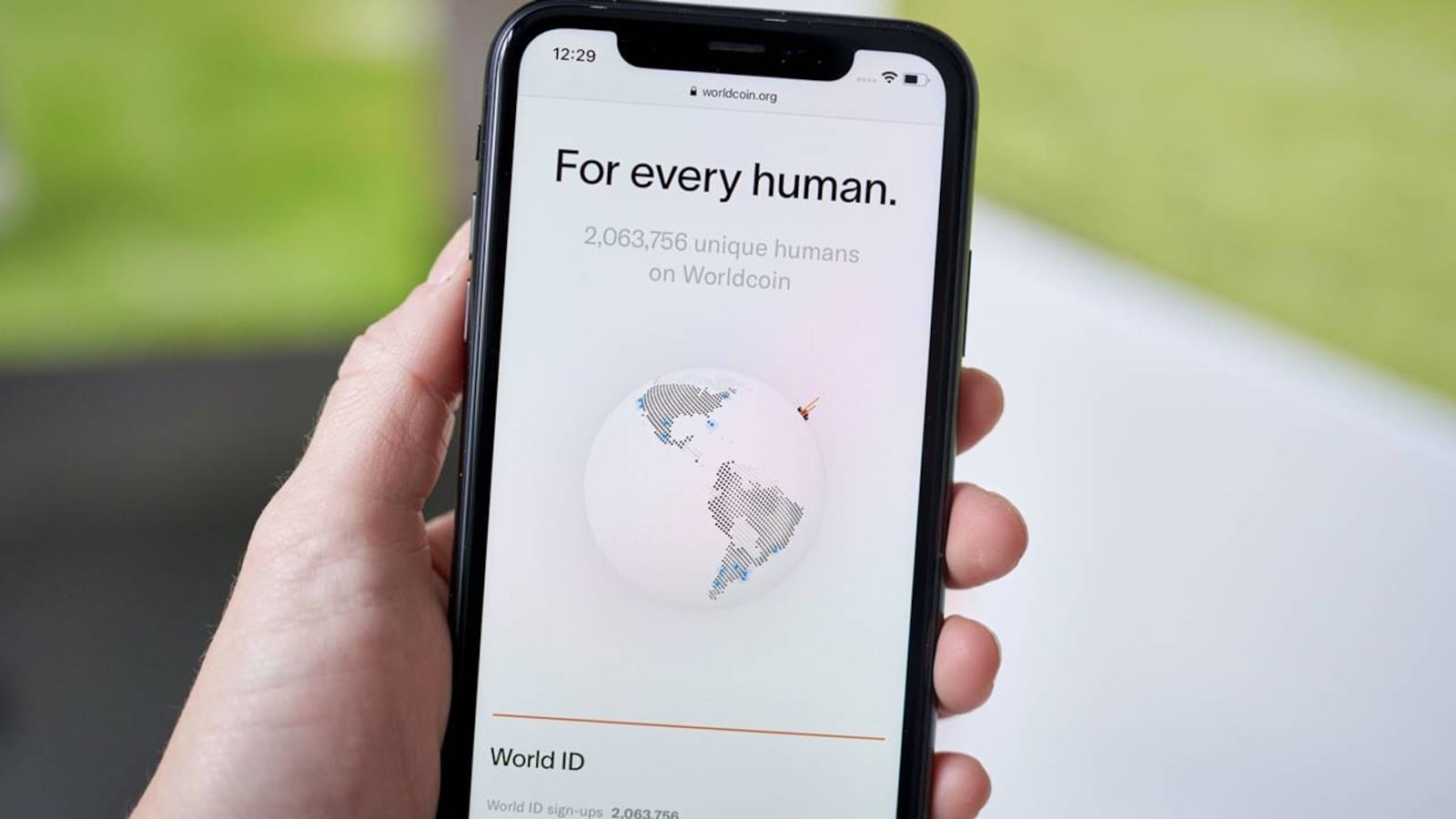Revolutionizing Mobile Phone Subscribers through the Era of Unique Customer ID 2023
In a world increasingly reliant on mobile communication, the need for efficient management and security of customer data has never been greater. Mobile phone subscribers generate a wealth of data that is crucial for both service providers and users alike.
To address the evolving challenges in this space, the introduction of a Unique Customer ID for mobile phone subscribers is on the horizon.

The government will soon provide each mobile subscriber with a unique customer ID that will serve as their single point of identification for all things pertaining to both their primary and supplementary phone connections. The Department of Telecommunications is finalising the move, which would shield consumers from cyberfrauds and give targeted clients government-sponsored financial rewards.
The 14-digit Ayushman Bharat Digital Health Account (ABHA) health ID, which is connected to the Aadhaar card and makes it easier to access medical data as well as provide fast access to medical information for medical professionals including insurers and physicians, is conceptually very similar to this one.
Among other things, the mobile customer ID may be used to easily identify who owns the SIM cards, track SIM cards on a single ID, and locate places from where customers purchased SIM cards.
The action will also verify that no more SIM cards are issued to a single consumer than the nine that are allowed. At the moment, only when the telecom department at different licenced service areas (LSAs) conducts audits using artificial intelligence (AI)-based face recognition technology is information concerning connections above legal limits evaluated.

Currently, mobile phone subscribers are identified primarily through their phone numbers and SIM cards. This system has served the industry well for decades, but it comes with several limitations:
1. Lack of portability: Mobile phone numbers are tied to specific carriers, making it cumbersome for users to switch providers without changing their phone numbers.
2. Data privacy concerns: Phone numbers are frequently used as identifiers in various online services, which can expose users to privacy risks if their phone numbers are leaked or stolen.
3. Inefficiency in addressing fraud: The current system does not provide a robust mechanism to prevent fraud and identity theft, which can lead to financial losses for both subscribers and service providers.
4. International roaming challenges: Traveling abroad often requires users to deal with complex and expensive international roaming options, as their phone numbers are tied to their home country’s carrier.

A Unique Customer ID for mobile phone subscribers seeks to address these issues by introducing a single, portable identifier that is independent of carriers and phone numbers. Here’s how it works:
1. Universal identification: A Unique Customer ID would be assigned to each subscriber upon registration, regardless of the carrier they choose. This ID would stay with the user throughout their mobile phone subscription journey.
2. Enhanced data security: With a Unique Customer ID, the reliance on phone numbers as identifiers would diminish, reducing the risk of data breaches and privacy violations. Users’ personal information would be better protected.
3. Seamless portability: Subscribers would be able to switch carriers without changing their Unique Customer ID, making it more convenient for consumers and increasing competition among mobile service providers.
4. Fraud prevention: The Unique Customer ID could serve as a more secure means of authentication, reducing the risk of identity theft and fraudulent activities such as SIM swapping.

Implementing a Unique Customer ID system for mobile phone subscribers offers a range of benefits for both consumers and service providers:
1. Improved user experience: Subscribers can easily switch carriers or transfer their services without the hassle of changing their phone numbers, leading to a more user-friendly experience.
2. Enhanced security: Data breaches and identity theft could be significantly reduced, increasing consumer trust in mobile services.
3. Regulatory compliance: A standardized Unique Customer ID system could help mobile operators comply with evolving data privacy regulations, such as GDPR or CCPA.
4. Reduction in fraud: The use of a Unique Customer ID for authentication purposes can strengthen security measures and reduce fraudulent activities.
5. Cost-effective international roaming: Travelers would benefit from simplified and potentially cheaper international roaming options, as their Unique Customer ID would remain the same regardless of their location.
While the concept of a Unique Customer ID for mobile phone subscribers offers numerous advantages, it also presents challenges that need to be addressed:
1. Implementation cost: Developing and deploying a universal Unique Customer ID system would require significant investments in infrastructure and technology.
2. Privacy concerns: Ensuring that user data is adequately protected and that the Unique Customer ID system complies with privacy regulations is paramount.
3. Interoperability: Cooperation among different carriers and mobile operators is crucial to make the system work seamlessly across the industry.
4. User acceptance: Convincing users of the benefits and security of a Unique Customer ID system may be a challenge, particularly in the early stages of adoption.
Additionally, those consumer IDs will be grouped according to age, gender, marital status, income, education, and occupation, among other attributes. In the event that anything is deemed suspect, the government may issue orders to ban the relevant SIM card and ID together. This includes an analysis of the usage patterns of the SIM cards linked to the corresponding consumer IDs.

New regulations that the government just unveiled mandate that telecom companies register SIM card vendors, verify their KYC before onboarding them into the system, and cease selling SIM cards in bulk. The regulations will take effect on December 1.
Over 6.4 million fake phone connections were severed by DoT in the previous six months after face recognition technology was used to identify them.
The introduction of a Unique Customer ID for mobile phone subscribers holds the potential to revolutionize the mobile communications industry.
It promises improved user experiences, enhanced security, and increased convenience for consumers, while also addressing regulatory requirements and reducing fraud.

However, the successful implementation of such a system will require collaboration among industry stakeholders and careful consideration of privacy concerns.
As technology evolves, the Unique Customer ID could become a fundamental component of the mobile phone subscriber experience, shaping the future of the industry.




